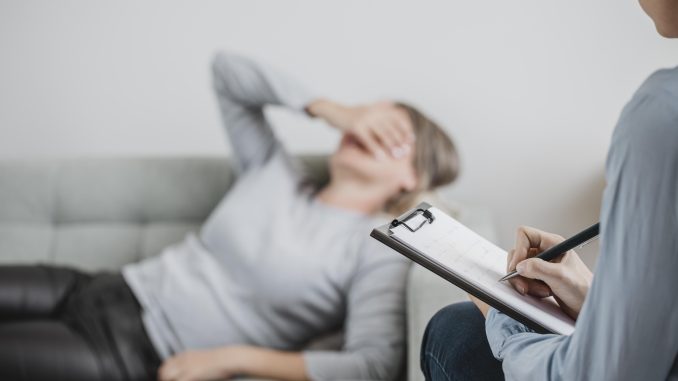
Why do Australians with BPD, PTSD, or severe depression only receive 10 Medicare-subsidised sessions annually, while others can access up to 40? This commentary exposes the cost of neglect and argues for urgent reform.

Argument Summary
As mental health becomes a flagship talking point in the lead-up to the 2025 federal election, one of Australia’s most damaging mental health policies remains untouched: the Medicare-imposed cap of 10 subsidised therapy sessions per year for most patients under the Better Access initiative.
Despite claims of accessibility, this quota leaves people with complex and chronic conditions unsupported, including those with borderline personality disorder, complex PTSD, and treatment-resistant depression.
By contrast, individuals diagnosed with eating disorders are eligible for up to 40 sessions.
This news commentary, proposed for Crikey, will argue that such disparities are a result of a flawed, tiered model of care. Crikey’s politically engaged audience values accountability journalism and policy critique, making it the ideal platform for this commentary. This piece speaks directly to that audience by connecting mental health reform to institutional design and electoral agendas.
This piece will advocate for a re-certification model, allowing GPs or treating clinicians to extend subsidised therapy based on continuous need rather than bureaucratic quotas. It will expose how political messaging around mental health reform differs from what patients experience, particularly during election season.
Why This Matters Now
This issue is timely and politically urgent:
- Election context: The Coalition has pledged to reinstate the COVID-era 20-session model. Labour’s $1 billion mental health package notably avoids such commitment.
- Policy impact: In 2022–23, Australians accessed 250,000 fewer subsidised sessions after the rollback of the COVID-19 expansion from 20 sessions to 10
- Systemic cost: Mental illness is estimated to cost Australia up to $220 billion annually (Productivity Commission).
Sources of Information
This commentary integrates expert insight, public data, and firsthand accounts.
- Expert Profiles include:
- Dr Zena Burgess– CEO, Australian Psychological Society (APS)
- Prof. Ian Hickie– Psychiatrist and Co-Director, Brain and Mind Centre, University of Sydney.
- Carly Dober– Psychologist and Director, AAPi.
- Representatives from the National Mental Health Commission (NMHC)
- Documentary sources include:
- First-person accounts will be sourced from publicly available Reddit and X Posts, including the hashtag #BetterAccess. Posts will be quoted per the ethical and policy guidelines.
Multimedia, Hypertext & Interactivity
To meet Crikey’s digital-publishing standards, this commentary will include:
- Interactive Timeline: Tracing Better Access reforms (2006–2025)
- Embedded Posts: Reddit and X examples
- Hyperlinks: To reports, datasets, expert bios, and media coverage for transparency and SEO effectiveness
- Data call-outs: Highlighting key stats
- Infographic: Comparing Medicare session entitlements across diagnostic categories

Chloe uses a great number of resources, which shows deep research and an ability to link data from different levels of authority. Her piece is newsworthy and well written, and it is structured in a way that allows for scanning and easy diving into the proposed issue.
Some suggestions for better delivery:
Linking the proposal to an existing Crikey article
Adding a more condensed lead
Breaking up some long sentences
Opening hyperlinks in a new window
Overall, the proposal is of interest to a large number of Australians, and I am excited to read the piece that Chloe writes!